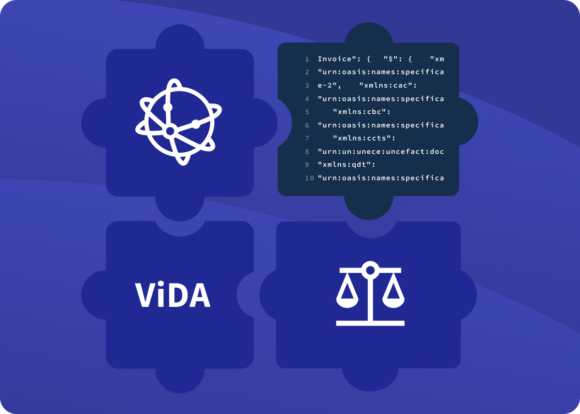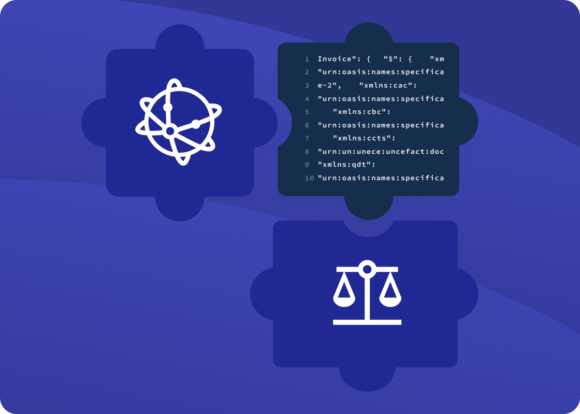Transactions, technologies and trends
Category: VAT
Value Added Tax (VAT) and consumption tax
Value-added tax (VAT) is a consumption-based tax imposed on the added value at each stage of the production and distribution process for goods and services. It is a significant source of government revenue and plays a critical role in business finance and operations.
Core principles of VAT
- Consumption tax: VAT is ultimately borne by the end consumer. It is added to the price of goods and services at each stage of production and distribution, making it a consumption tax.
- Stages of taxation: VAT is levied at multiple points in the supply chain, including raw material acquisition, manufacturing, distribution, and final sale.
- Input and output tax: Businesses collect VAT on behalf of tax authorities (output tax) and offset it against the VAT they pay on their purchases (input tax). The net amount is remitted to the government.
- VAT rates: Goods and services may be subject to different VAT rates, such as standard, reduced, and zero rates. These rates vary across countries and sectors, reflecting differing tax policies.
- Registration threshold: Businesses exceeding a turnover threshold set by tax authorities must register for VAT and comply with its obligations.
- VAT returns: VAT-registered businesses regularly file returns detailing their output and input tax. The net VAT payable or reclaimable is settled with tax authorities.
- International trade: VAT applies to cross-border trade, where exports are often zero-rated and imports are taxed upon entry. This ensures taxation within the country of consumption.
- Compliance and penalties: Accurate record-keeping and timely VAT submissions are essential. Non-compliance can result in fines, interest charges, and reputational damage.
- Business impact: VAT influences pricing strategies, profitability, cash flow, and administrative processes, necessitating robust financial management.
- Tax collection: Governments rely on VAT for substantial revenue, which funds public services and infrastructure development.
Digitalization of VAT
The management of VAT is undergoing a significant transformation, driven by initiatives such as Continuous Transaction Controls (CTC), the EU’s VAT in the Digital Age (ViDA) proposals, and the adoption of Peppol for electronic invoicing:
Many tax authorities are implementing Continuous Transaction Controls (CTC) systems, which require real-time reporting of transactions to the government. Monitoring VAT in real time enhances transparency, reduces fraud, and ensures compliance.
The EU’s ViDA initiative aims to modernize VAT reporting across member states. It emphasizes digital reporting and real-time data exchange, simplifying cross-border compliance and reducing business administrative burdens.
As a global network for electronic document exchange, Peppol plays a vital role in VAT compliance by standardizing e-invoicing and facilitating the secure transfer of VAT-relevant data.
These technologies and frameworks enable businesses to navigate complex VAT requirements, reduce risks, and automate compliance, supporting the transition toward fully digital VAT ecosystems.
Relevance of VAT for businesses
A thorough understanding of VAT is crucial for businesses to manage financial obligations, maintain compliance, and optimize operations. Effective VAT management ensures smooth transactions, minimizes compliance risks, and contributes to efficient revenue collection for governments.
Explore how data-driven transaction handling can improve quality assurance and automate value-added tax management.

The EU Council has approved the VAT in the Digital Age package. Discover how ViDA impacts VAT, e-invoicing, CTC, and more for businesses.

The European Union’s VAT in the Digital Age (ViDA) initiative is a comprehensive reform to modernize the VAT system across the EU. Here’s what you need to know about ViDA.

The European Commission has published a report on electronic invoicing in Europe, analyzing the effects of e-invoicing policy and adoption from the basis of the impactful Directive 2014/55/EU.

Capital leakage in finance processes is a curious but undeniable fact – and an anomaly in an increasingly potent digital world. A new report …
